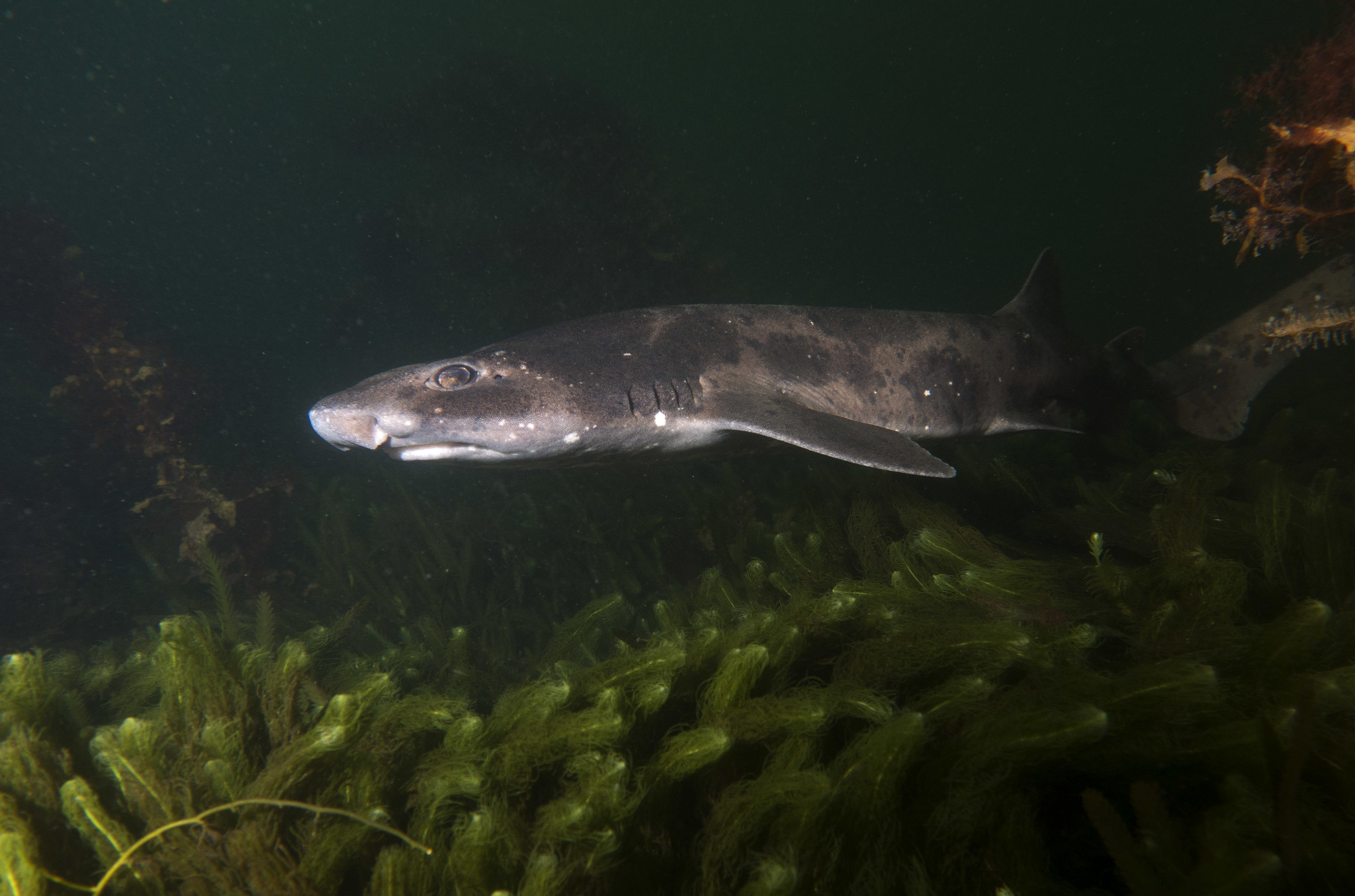News release
From:
The Royal Society
Energy conservation characterises sleep in sharks
Biology Letters
Sharks are the earliest living, jawed vertebrates and may play an important role in understanding the evolutionary history of sleep in vertebrates, and yet, very little is known about sleep in these ancient predators. Lowered metabolic rate during sleep has given rise to the hypothesis that sleep plays an important role for energy conservation. To determine whether this applies to sharks, we compared metabolic rates of sharks during periods thought to be sleep, along with restful and swimming sharks. We also investigated behaviours that often characterise sleep in other animals to establish relationships between physiology and behaviour.
Attachments
Note: Not all attachments are visible to the general public.
Research URLs will go live after the embargo ends.

Research
The Royal Society, Web page
Please link to the article in online versions of your report (the URL will go live after the embargo ends).
Journal/
conference:
Biology Letters
Organisation/s:
La Trobe University, University of Auckland, The University of Western Australia
Funder:
This study was supported by a La Trobe University Research
Focus Areas Grant and a Sea World Research & Rescue Foundation
Grant to M.L.K., J.A.L. and S.P.C*.; a University of Western Australia
Robson & Robertson PhD Award and Endeavour Leadership Fellowship
to M.L.K.; and The University of Auckland (S.P.C+.
and C.A.R.).
S.P.C*. - Shaun Patrick Collin; S.P.C+.
- Selwyn Pat Collins



 Australia; New Zealand; VIC; WA
Australia; New Zealand; VIC; WA



